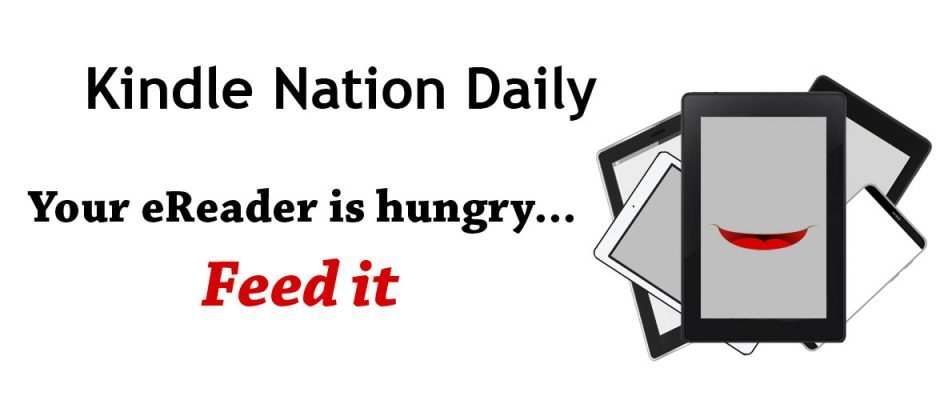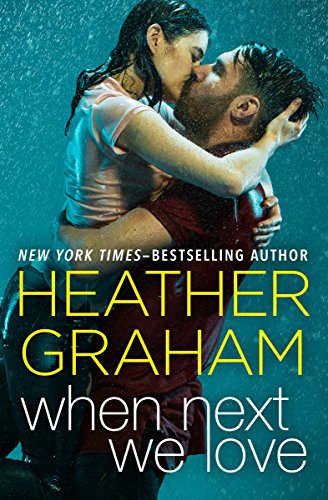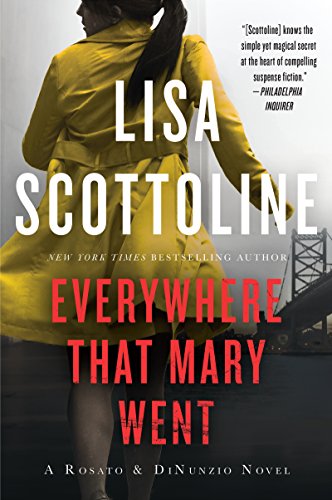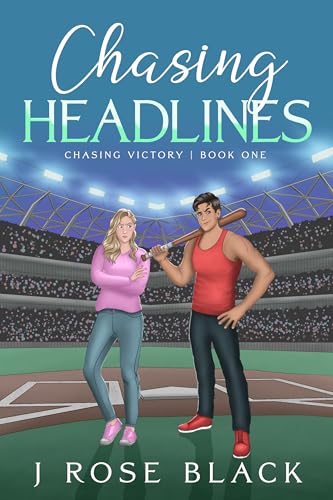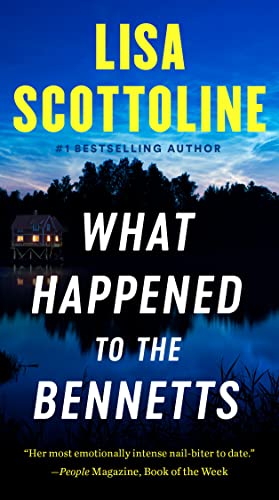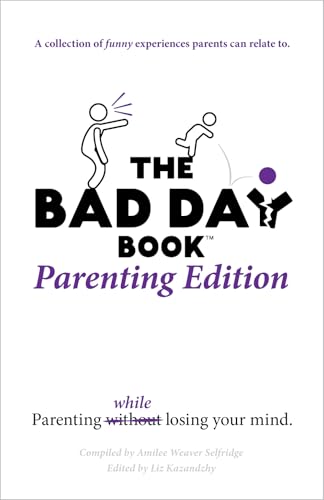By Stephen Windwalker
Are you ready for the latest chapter in the business thriller saga of the year? The one that has some print-book publishers in a death match with Amazon in their efforts to hold onto the last remnants of their publishing prerogatives from an earlier century?
We’ll call this chapter “HardBall.”
Brad Stone and Motoko Rich report in the New York Times today that Amazon’s has pulled all books by major publisher MacMillan from its shelves. That’s all print books, all ebooks, all books, period, although some quick spotchecking by this reporter suggests that Amazon’s move may not yet have been extended to all titles.
Amazon has been involved in difficult discussions with MacMillan over Kindle Store pricing for months, and has responded with a “temporary” move to stop shipping the publisher’s books. It is widely believed that Amazon is responsible for over 20 percent of all book sales in the United States, with Kindle-formatted books representing more than one-third of all Amazon sales.
One of MacMillan’s most venerable imprints, Farrar, Straus & Giroux, is headed by my old college friend and literary zine colleague Jonathan Galassi, shown here, who weighed in with an intriguing but incomplete op-ed piece in the Times late last year.
“Macmillan, like other publishers, has asked Amazon to raise the price of e-books to around $15 from $9.99,” said Rich and Stone in their report, although the phrasing that suggests that publishers in general have taken that position is, according to our information, grossly unwarranted.
The only way you can buy books published by MacMillan and its imprints at the Amazon website is to get them from third-party sellers through Amazon Marketplace. (This, by the way, will be a huge boon to third-party sellers, like the thousands who have built their businesses by applying the principles and strategies described in Selling Used Books Online: The Complete Guide to Bookselling at Amazon’s Marketplace and Other Online Sites .)
.)

The background for this story, of course, involves Steve Jobs and Apple playing the uncharacteristic role of David to Amazon’s Goliath and attempting to build an iBooks catalogue for the iPad — from scratch — by trying to convince publishers that millions of prospective iPad buyers will want to pay $12.99 to $14.99 for the types of iBooks “bestseller” offerings that have previously been available for $9.99 in the Kindle Store. Ordinarily one might say, “Good luck with trying to get that dog to hunt, Mr. Jobs,” but Jobs is as tenacious a player as Jeff Bezos, if perhaps not quite as focused and consistent. And Jobs gave a remarkable impromptu interview to Walt Mossberg at the iPad launch event in which he claimed that “the prices will be the same” between the iBooks and Kindle stores and touted his belief that “publishers are actually withholding books from Amazon.”
Indeed, Rich and Stone report that “publishers have withheld select e-book editions for several months after the release of hardcover versions of books. It is not clear yet if publishers can withhold books from Amazon while giving them to other parties like Apple. Antitrust lawyers said it could raise legal issues.”
In that final sentence, I think, is one very likely denouement for this saga: a courtroom drama that might well be worthy of John Grisham’s talents, but of course if he writes the book, we won’t get to read it on the Kindle.
And then there’s the fact that such courtroom solutions tend to take years, during which the entire landscape would change anyway.
MacMillan is owned by the global publishing holding company Verlagsgruppe Georg von Holtzbrinck, based it Stuttgart (that would be Germany, not Arkansas), whose imprints include:
- Macmillan
- Farrar, Straus & Giroux
- Faber
- Farrar, Straus
- Hill & Wang
- Sarah Crichton Books
- Henry Holt
- Holt
- Metropolitan
- Times Books
- Macmillan Children’s
- Farrar, Straus Children’s
- Frances Foster Books
- Melanie Kroupa Books
- First Second
- Holt Children’s
- Christy Ottaviano Books
- Kingfisher
- Macmillan Children’s
- Priddy Books
- Roaring Brook Press
- Neal Porter Books
- Square Fish
- Starscape
- Macmillan Science
- Palgrave
- Picador USA
- St. Martin’s Press
- Griffin
- Minotaur
- St. Martin’s
- Thomas Dunne Books
- Truman Talley
- Tor/Forge
- Forge
- Orb
- Tor
- Macmillan Publishers (UK)
- Pan Macmillan
- Boxtree
- Campbell Books Kingfisher
- UK Macmillan
- Macmillan New Writing
- Macmillan UK Children’s
- Pan Macmillan
- Picador
- Rodale UK
- Sidgwick & Jackson
- Think Books
- Tor UK
- Young Picador
- Pan MacMillan Australia
- von Holtzbrinck
- Droemer Knaur
- Droemer Profile
- Kiepenheuer & Witsch
- Rowohlt
- Kindler
- Rowohlt
- Rowohlt Taschenbuch
- Wunderlich
- S. Fischer
- Fischer
- Fischer Taschenbuch
- Krueger
- Scherz
It is not known, as we post this, if the German imprint Kindler will be barred permanently from the Kindle Store.
